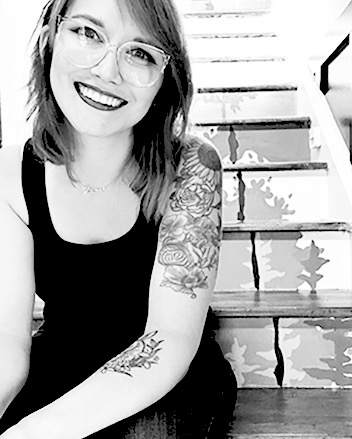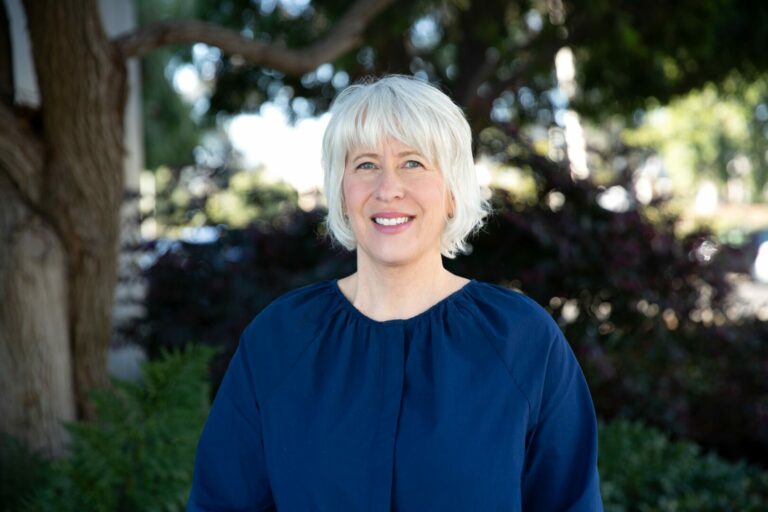We’re excited to introduce you to the always interesting and insightful Megan Grant. We hope you’ll enjoy our conversation with Megan below.
Megan, we can’t begin to explain how much we appreciate you sharing about your PPD experience, but we can say that so many in our community are suffering from or have suffered from postpartum issues including postpartum depression and so you sharing your story and how you overcame it might help someone who is going through it right now or in the future. What can you share with us about how you overcame PPD? For readers, please note this is not medical advice, we are not doctors, you should always consult professionals for advice and that this is merely one person sharing their story and experience.
It took quite some time for me to overcome Postpartum Depression and Postpartum Anxiety. When you hear about mothers who struggle with Postpartum Depression, it’s often stories with the worst possible outcomes where the mother is hospitalized, imprisoned, or worse. I think that played a significant role in the delay of overcoming it; I didn’t recognize it because it wasn’t to the same extent as it is often presented in media. I also believe I was in a state of denial that I had it. I thought the fact that I am a mental health professional meant I should be able to get through it on my own. I also thought that if I was able to function each day, I was okay. I was also holding on to the hope that it would magically go away after I finished maternity leave, went back to work, and spent more time around other adults outside of my home.
As to be expected, it did not magically go away. After many months of experiencing symptoms such as intrusive thoughts, feeling isolated (I gave birth summer 2020), decreased sleep (though my newborn was sleeping very well), and loss of identity, I sought professional help and began going to therapy. It was incredibly helpful for me to have a safe place to talk about my experiences without fear of judgement. Though the sessions started out over video, it was helpful to have deep conversations with someone one to one. I was able to get the experience of having help from someone that was completely neutral and help me with tackling what I was going through.
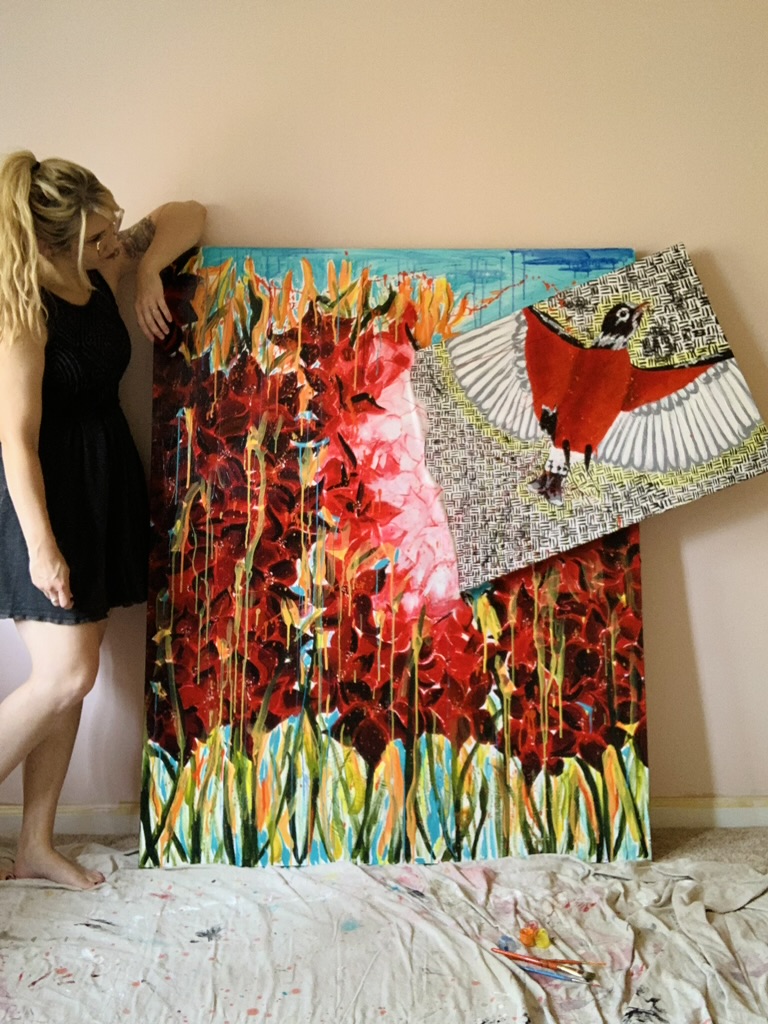
Great, so let’s take a few minutes and cover your story. What should folks know about you and what you do?
Professionally, I am a Licensed Clinical Social Worker who provides outpatient therapy to adults ages 18 and up. I work with a very small practice that provides Telehealth to individuals working through trauma, grief, depression, anxiety, and relapse prevention. Though I primarily see clients on an individual basis, I am working towards building up a couple of groups within the practice. I recently started a Women’s Support group and am going to be starting a Mindful Art group. The practice is also working towards beginning therapeutic retreats in different countries and around the states in order to offer different types of help for people. I am thrilled to begin this journey with my job as I will be able to bring art to people in different areas of the world and take in the different cultures we will be embracing during the retreats. I am grateful to be able to explore my passion of art professionally and bring it to people as another way to heal and cope with life.
As an artist, I have been exploring how emotions impact the process of art making. When I paint, I try to focus on how I feel in the moment, or recall how I felt when I took a photo of an object or place that I knew I’d want to recapture through painting. Although I have paintings available for purchase, and I would love to have my work in a gallery one day, I am more focused on how to use art as a tool for exploration and a way to help others, as it has been helpful for me.
For quite some time, I have been working on figuring out how to get art groups going, but it has been difficult to match schedules and make it work with the busyness of everyone’s life. I am hoping that I am eventually able to bring this to others through technology we can now take advantage of. I recently got off social media completely and am working towards a deeper dive into writing and offering virtual art groups. I would like for these art groups to be recorded so they can be completed whenever is convenient. I’m also hoping the platform I use for my writing will serve as a resource and community for people who are interested in their mental health, art, and how the two can coincide with each other.
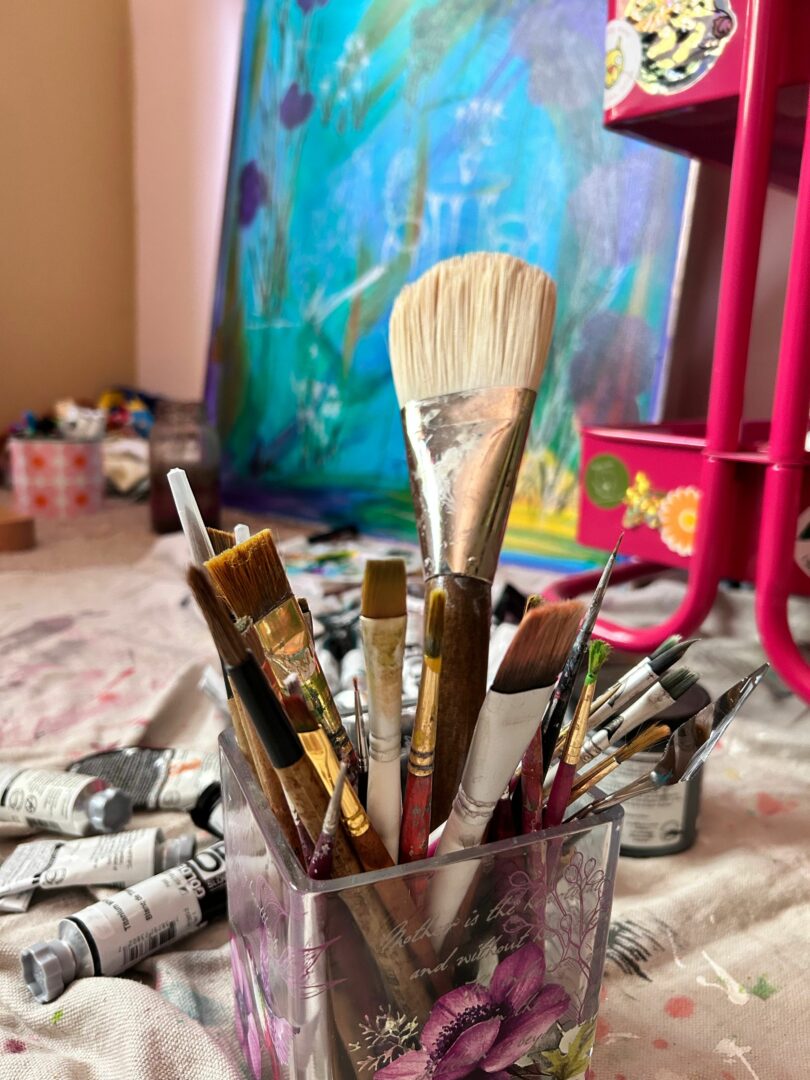
There is so much advice out there about all the different skills and qualities folks need to develop in order to succeed in today’s highly competitive environment and often it can feel overwhelming. So, if we had to break it down to just the three that matter most, which three skills or qualities would you focus on?
The quality that some possess, but I believe is also a skill to be developed, is to build relationships. It is something I am continually working on as an introvert. I have learned that people can be your greatest asset because of their wisdom, expertise, experience, and knowledge. It’s a beautiful thing to find someone that shares a passion with you, but they have more experience and knowledge. I have found that more often than not, when you share a passion with someone (art or mental health for example), I learn from them and have wonderfully, deep discussions with them that flow easily. Oftentimes, the connection stays and you have a new relationship that can also be beneficial for growth.
I have also learned that flexibility is a great quality to have in the art and mental health world. Art is constantly changing. People’s lives are constantly changing, which can affect their mental health. My work as a mental health professional has helped me hone in on the skill of flexibility, whether I wanted it to or not. I have found that I have difficulty with remaining flexible when I feel control has been lost. It has been helpful to remind myself of what I do have control over and sometimes reevaluate what is working and what isn’t.
The final area that I have to continue working on, but have found impactful, is to be a little bit selfish. It is counterintuitive for a mental health professional to tell you to be selfish, but when you are creating art and recognizing your mental health needs, it is necessary. I have learned the lesson time and again over the past year that I need to create art for myself. Prior to that lesson, I was creating what I thought would be salable and more appealing to others. Shifting my focus to create for myself allowed me to begin examining how I feel when I create and exploring ways to express those feelings through the work. I continue to find fulfillment in helping others, but I have had to learn to be selfish in areas when appropriate.
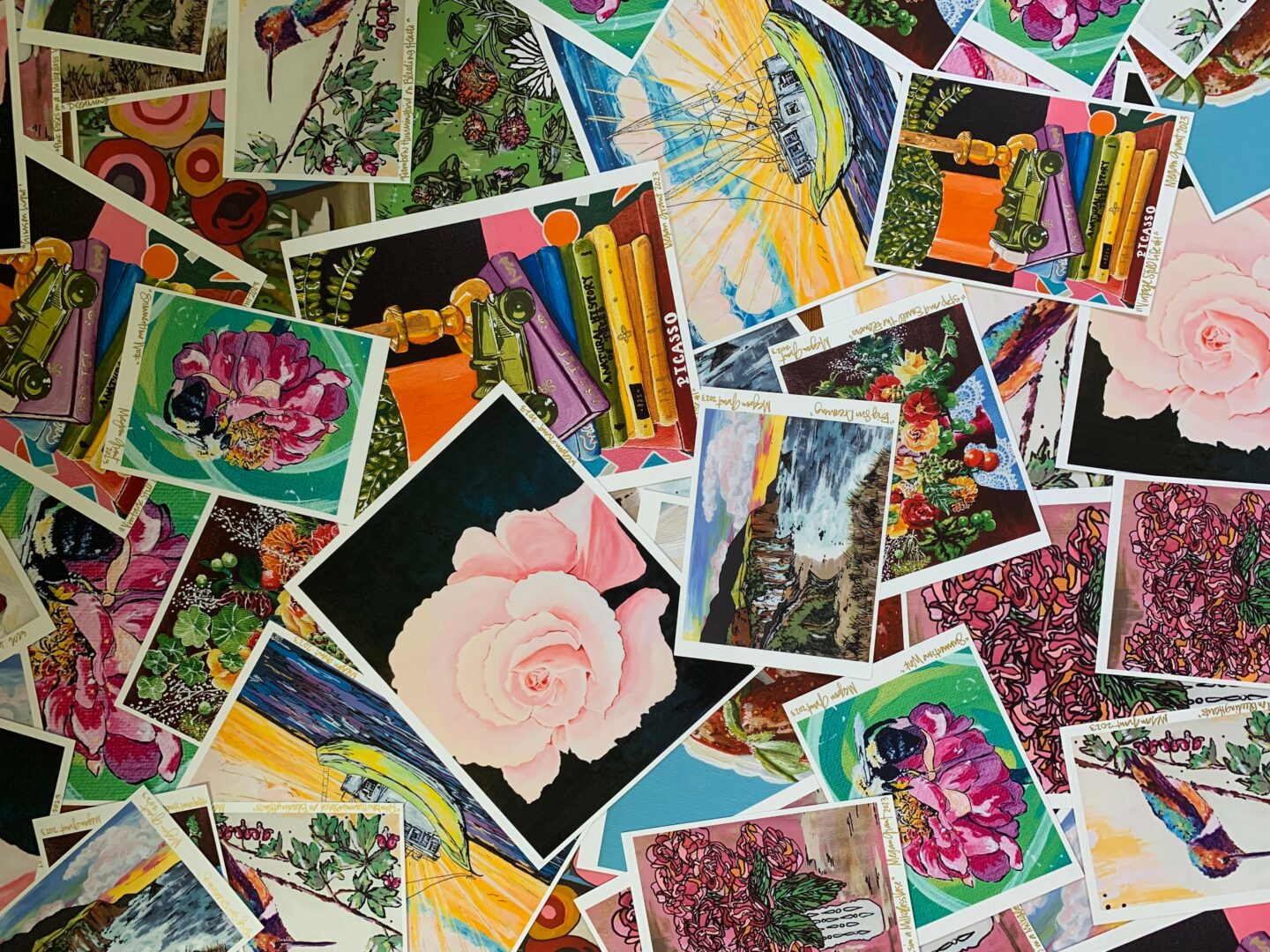
One of our goals is to help like-minded folks with similar goals connect and so before we go we want to ask if you are looking to partner or collab with others – and if so, what would make the ideal collaborator or partner?
I have future projects in mind that I would like to find other artists, writers, and mental health professionals to collaborate with. Though I am in the early stages, I am looking to collaborate with others to feature them on my writing platform. I would like for others’ experience and expertise to serve as a resource for readers and to further grow the community.
Right now, as I am building the online platform, I would like to establish relationships with potential connections for future collaboration. I would be interested to connect with other art enthusiasts, artists, or anyone that is passionate about how art and mental health can go hand in hand to help each other. I can always be reached through my email, which can be found on my website: https://linktr.ee/betweentwobirds
Contact Info:
- Website: https://meggrantart.carrd.co
- Linkedin: https://www.linkedin.com/in/meggrantlicsw/
- Other: Substack:
https://substack.com/@betweentwobirds
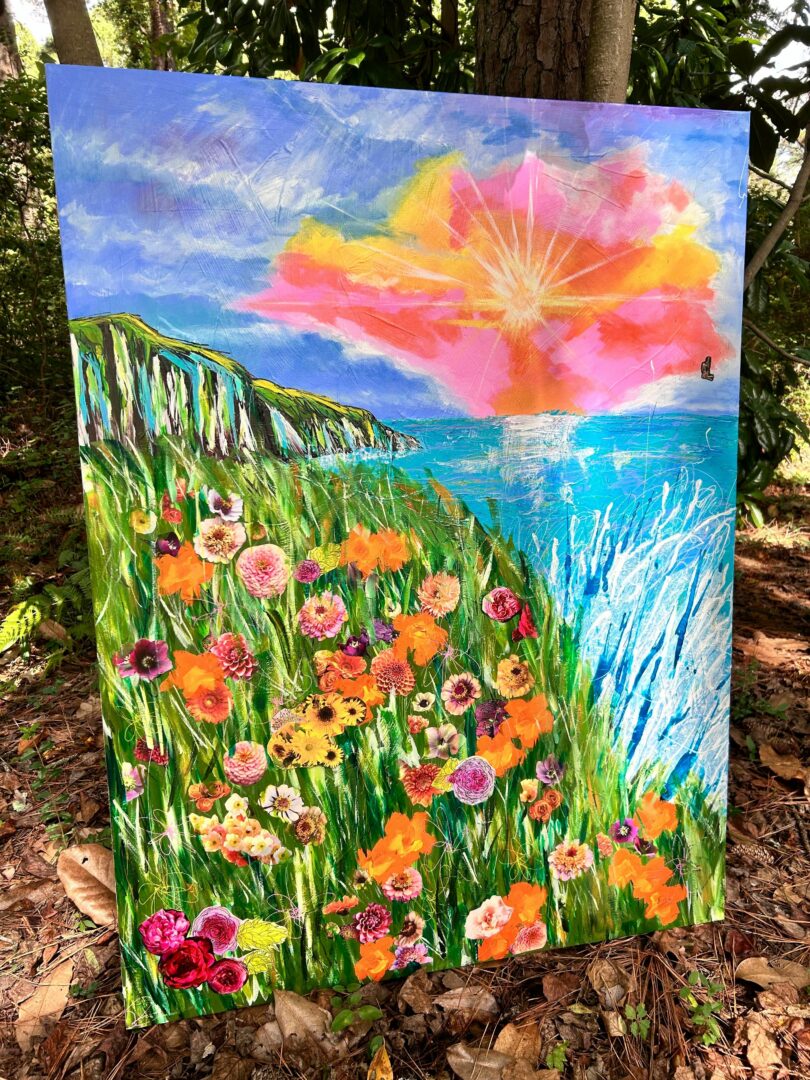
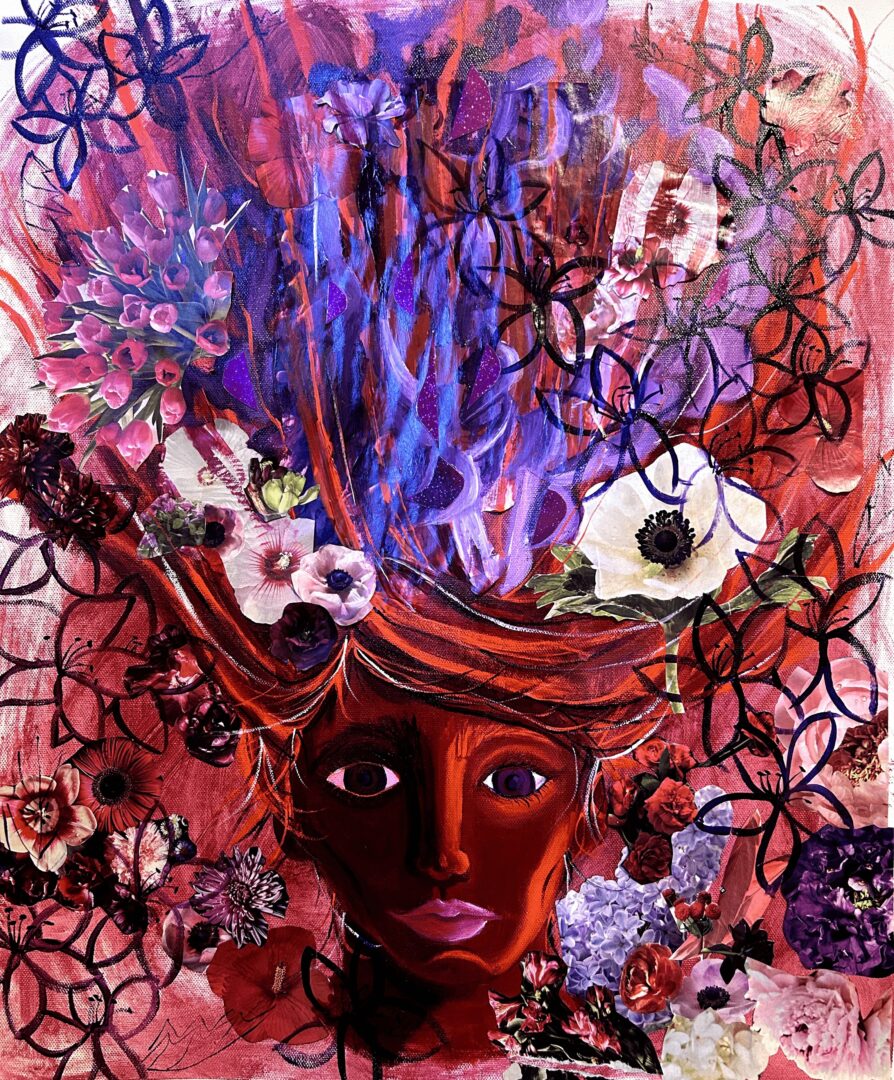
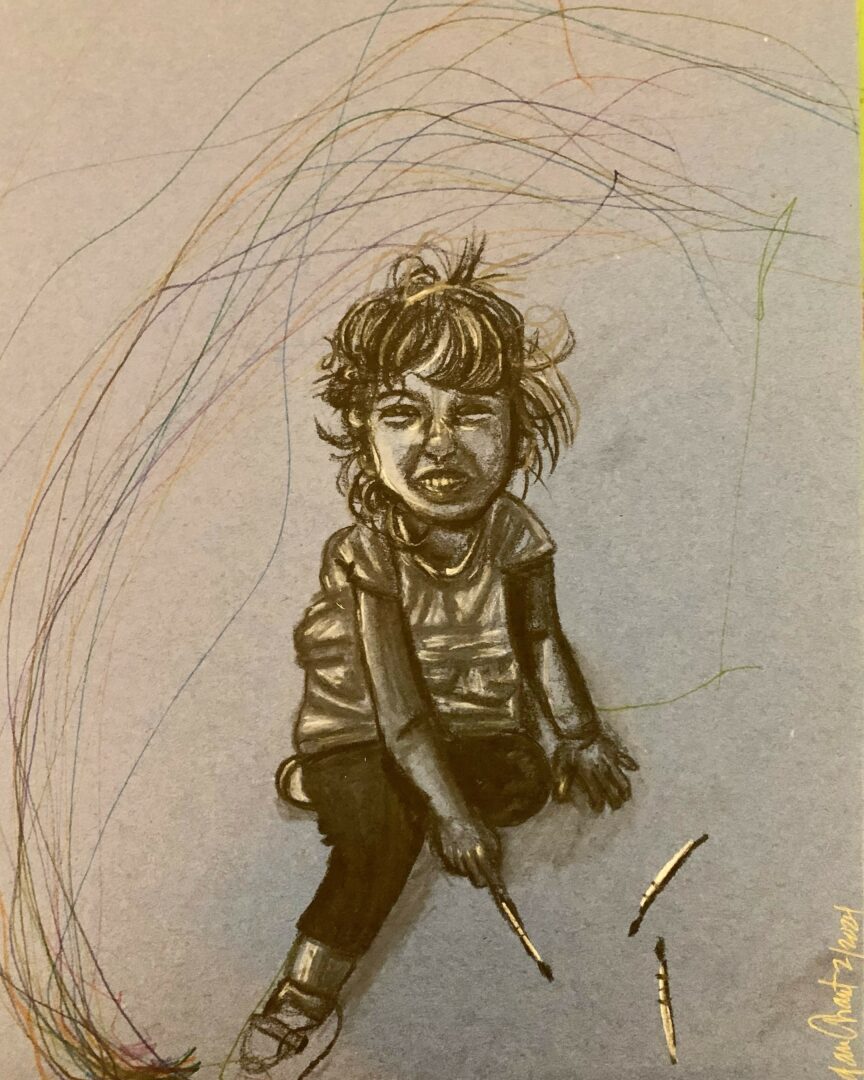
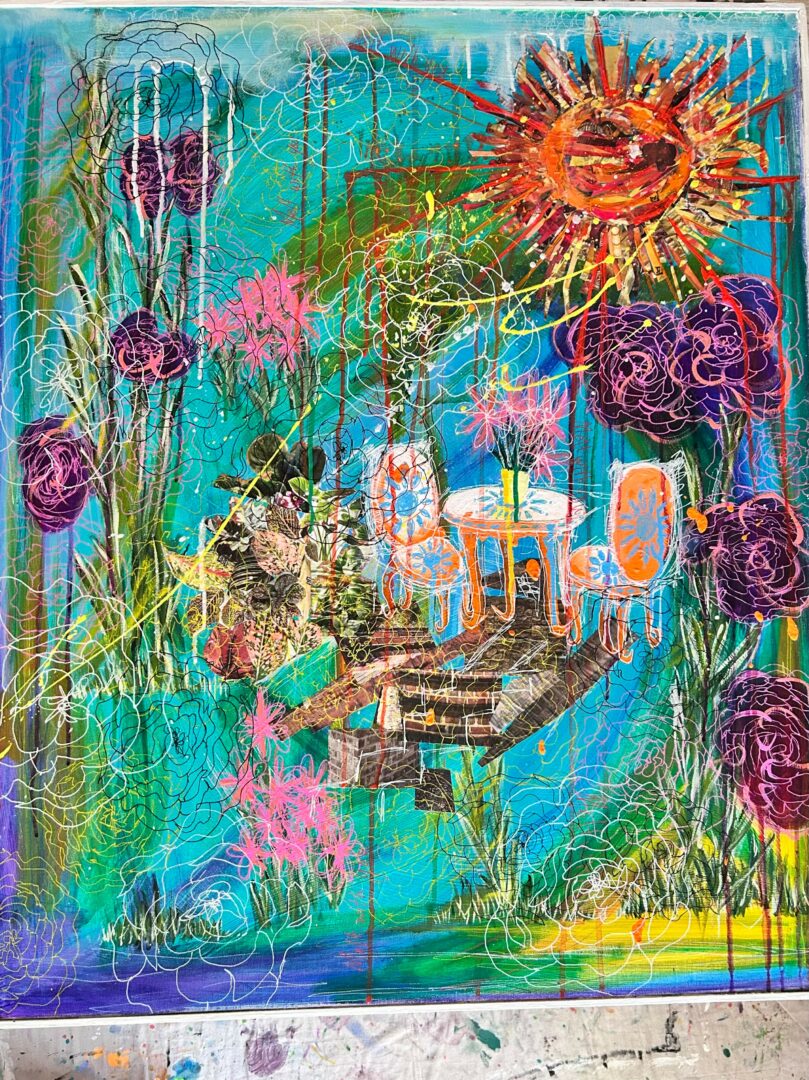
so if you or someone you know deserves recognition please let us know here.

